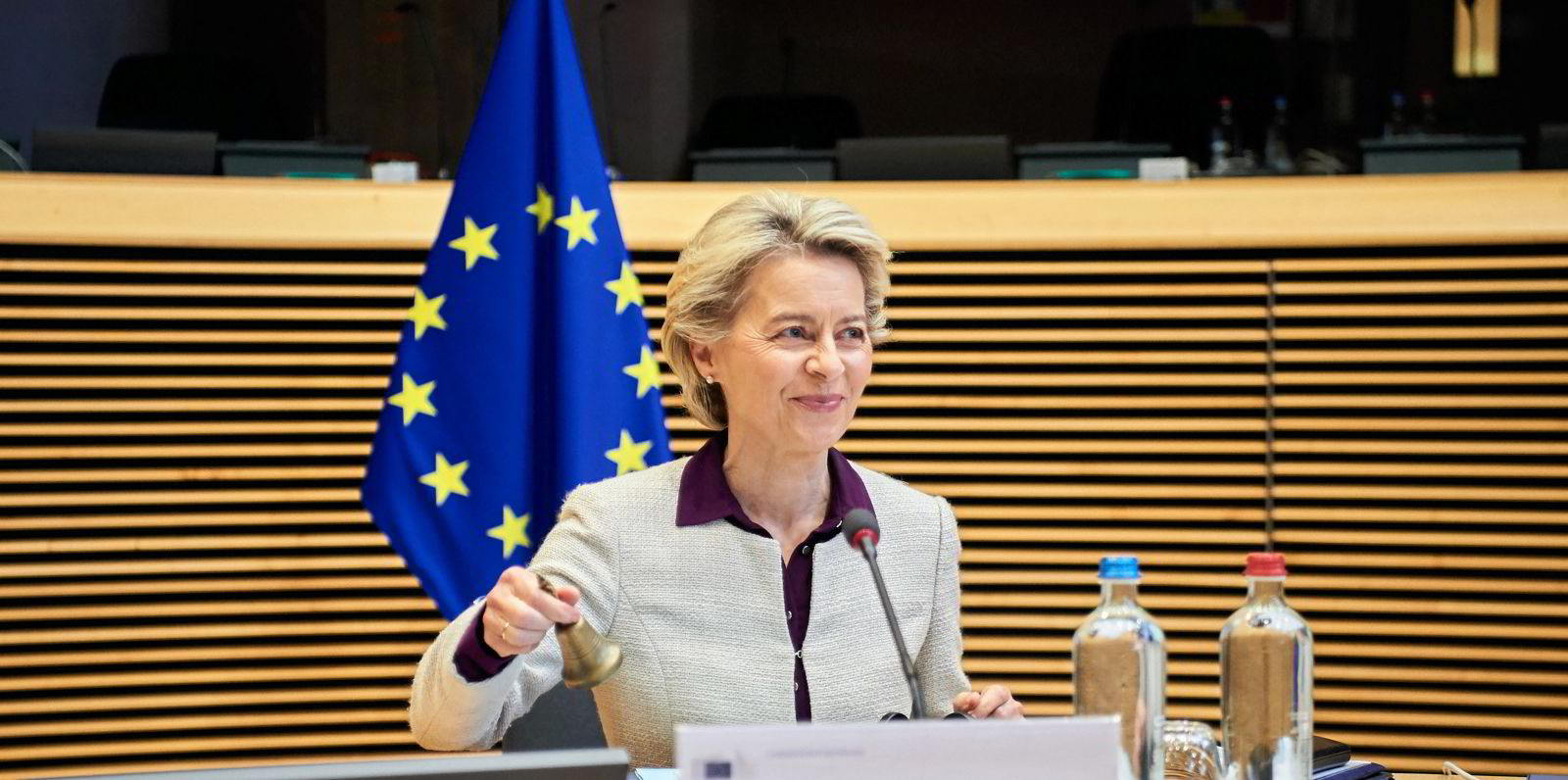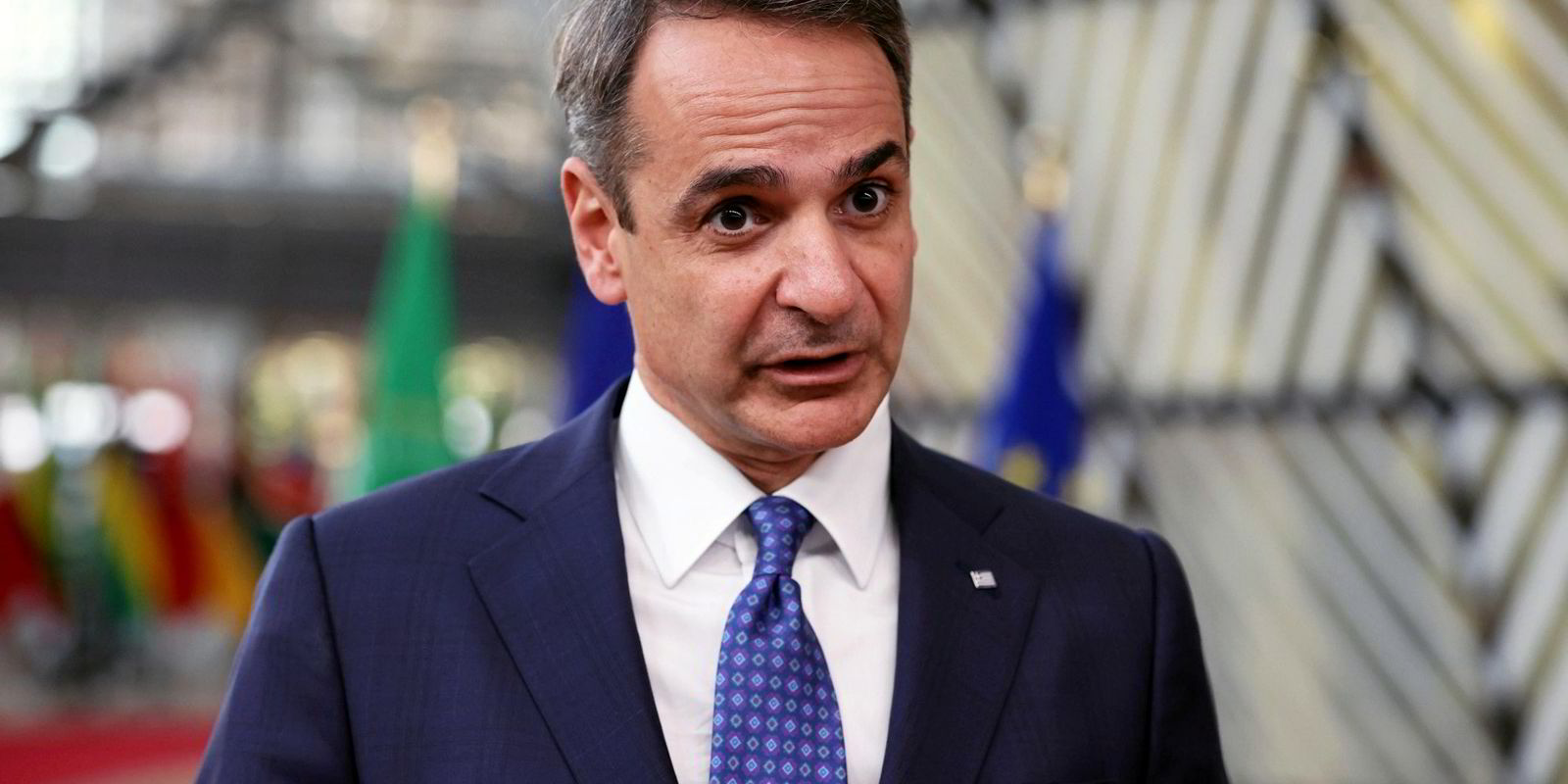Greece asked the European Union on Wednesday to consider putting a ceiling on LNG transport prices as part of wide-ranging market controls to curb soaring energy costs.
Caps on LNG transportation costs should perhaps be introduced “to disincentivise speculation”, the country’s Prime Minister Kyriakos Mitsotakis proposed in a letter to Ursula von der Leyen, the president of the EU’s executive commission.
Greece is a relatively small country with limited influence in the EU, in which it is usually outweighed by far bigger nations such as Germany and France.
The proposal, however, highlights that some EU countries do not shy from proposing far-reaching regulation of energy markets in response to the Ukraine war, which sent the price of energy and inflation rates soaring.
Mitsotakis’ proposal gains additional weight if one considers that it is Greek shipping companies, such as the Angelicoussis Group, which play a large role in the seaborne transport of LNG. The country has also set much store into a new FSRU project in Alexandroupolis, which is backed by GasLog.

In a set of proposals unveiled on 8 March, von der Leyen said that the EU should increase LNG and pipeline imports from non-Russian suppliers as part of measures to phase out any European dependence on Russian fossil fuels “well before” 2030.
Von der Leyen’s initiative came one day after EU leaders including German chancellor Olaf Scholz had opposed immediate sanctions against Russian oil and natural gas of the sort announced a day later by the US.
Europe, which imports large quantities of energy from Russia, could not wean itself off Russian energy “from one day to the next”, Scholz argued.
Nothing will be the same again
Von der Leyen’s proposal, branded as the “REPowerEU Plan” seeks to curb EU demand for Russian gas by two-thirds before the end of 2022.
The commission also said it was looking “into all possible options for emergency measures to limit the contagion effect of gas prices in electricity prices, such as temporary price limits”.
Mitsotakis’ letter, officially released on 9 March, however, goes far beyond that, raising the spectre of a full gamut of price controls that would deeply affect market mechanisms.
Apart from the proposed cap on LNG transport prices, Mitsotakis’ six-point plan includes a cap on natural gas prices benchmarked to historic price levels, daily natural gas guardrails, as well as a profit cap on wholesale electricity markets.
EU leaders are to hold an informal meeting on Friday and Saturday in Versailles, France.



